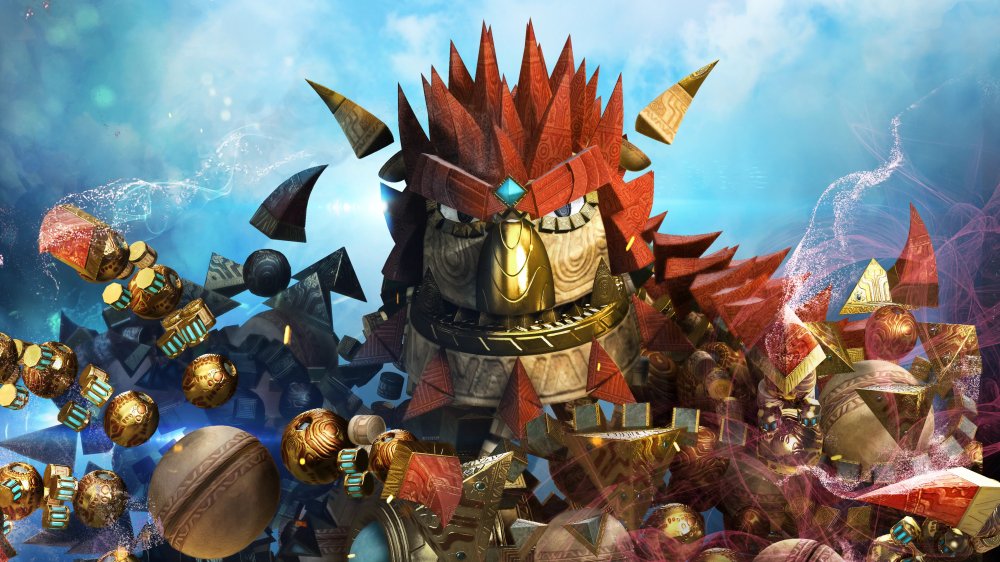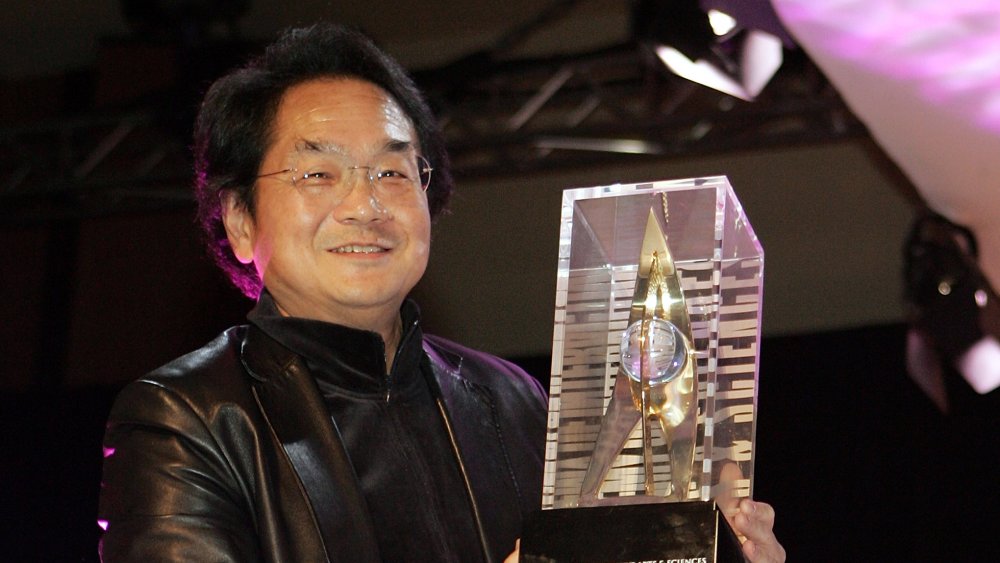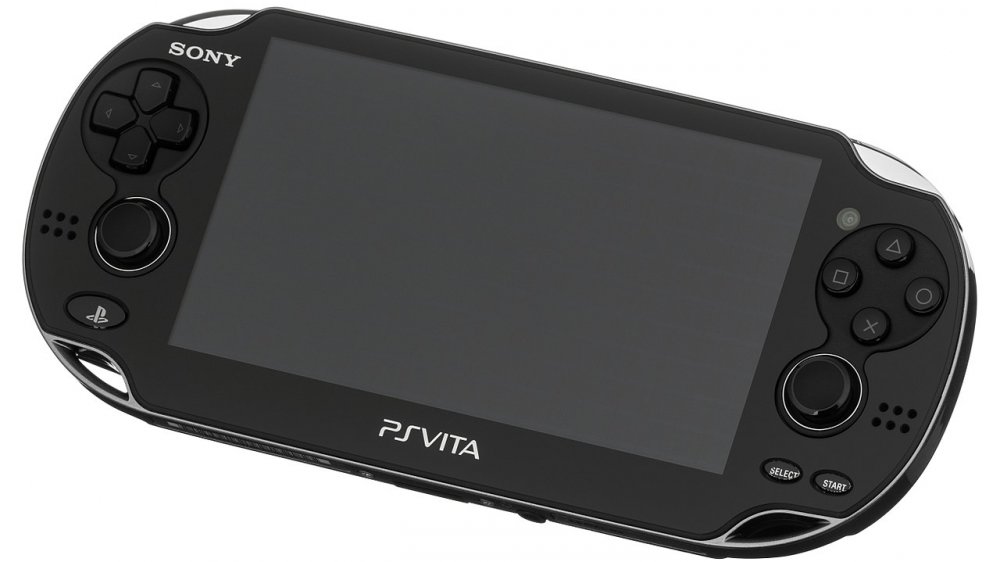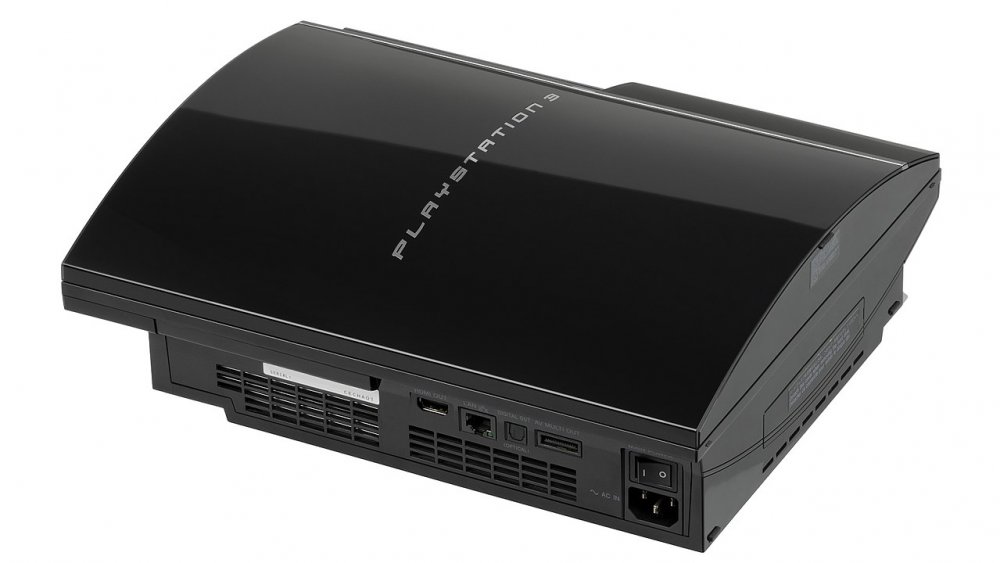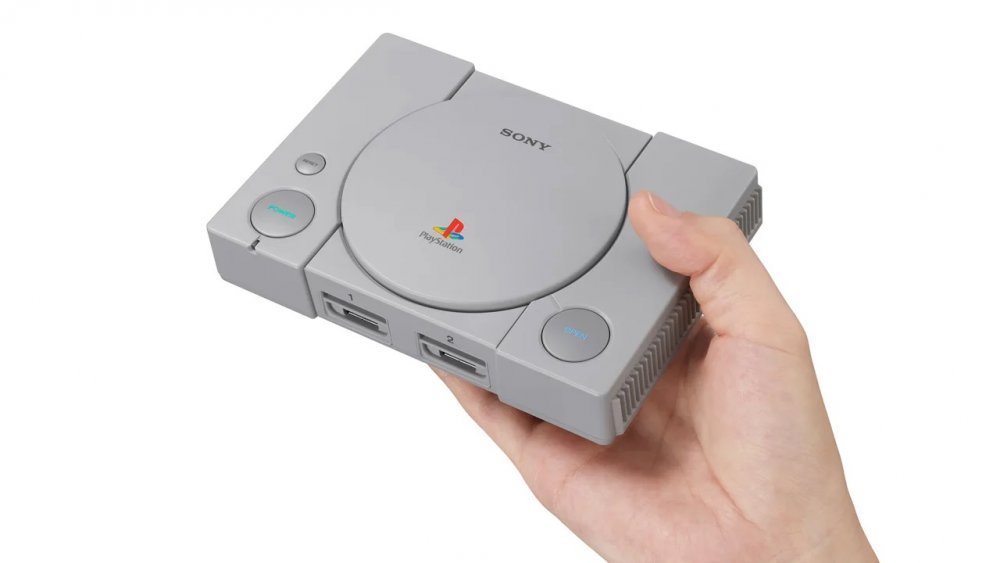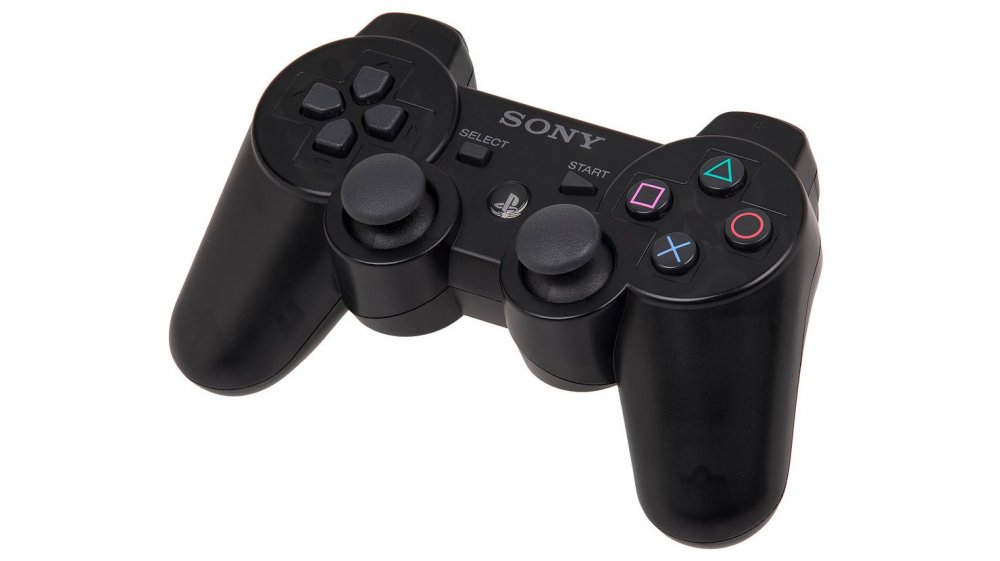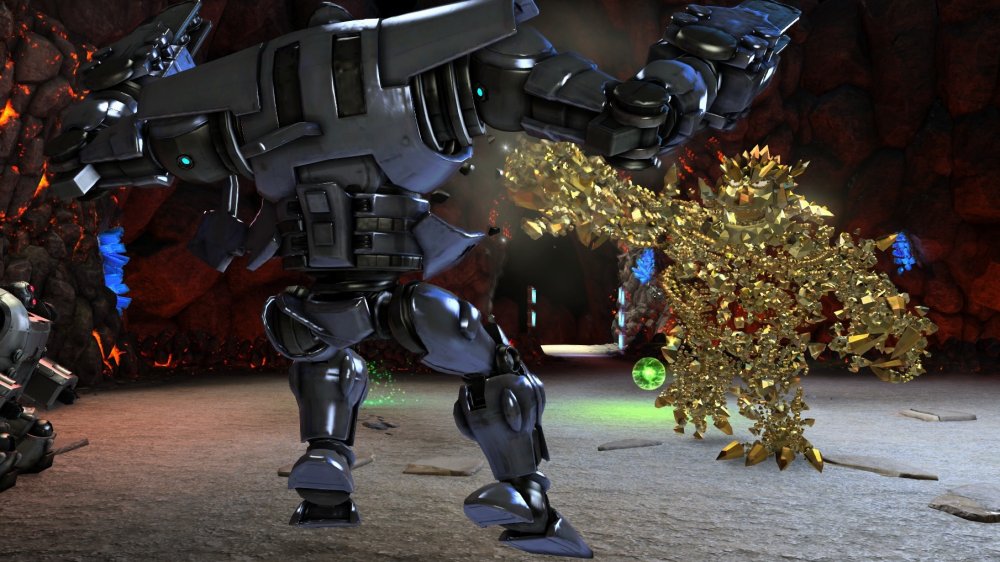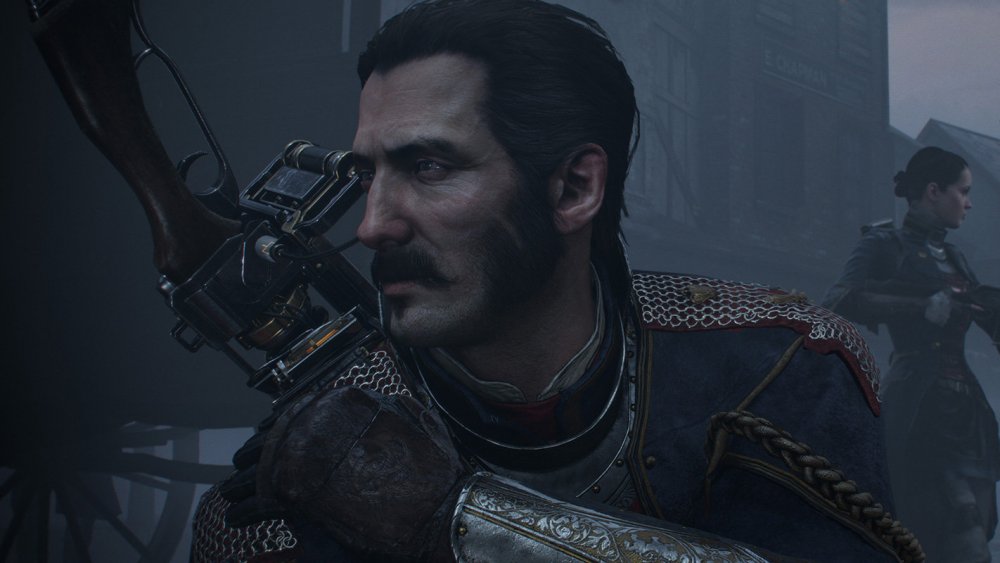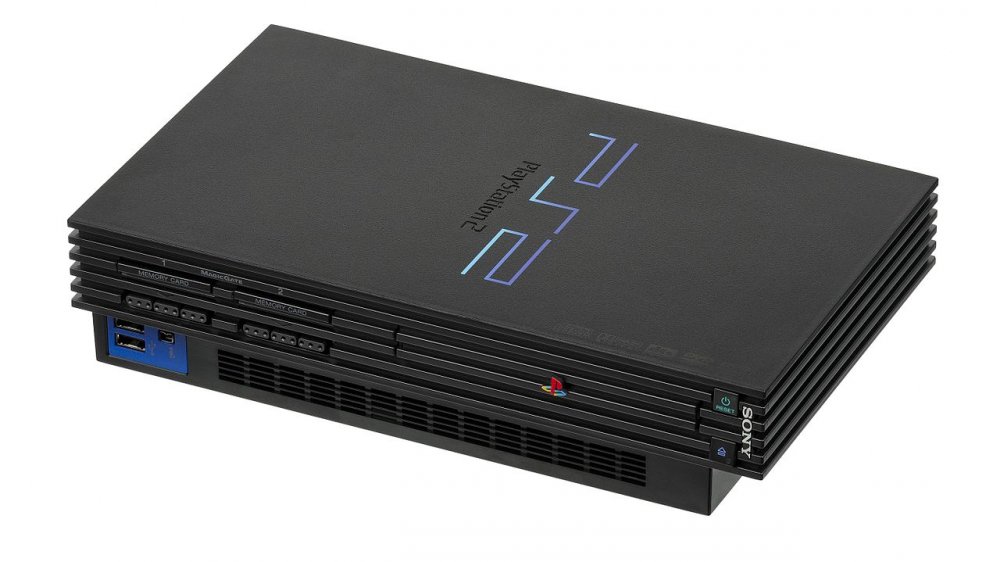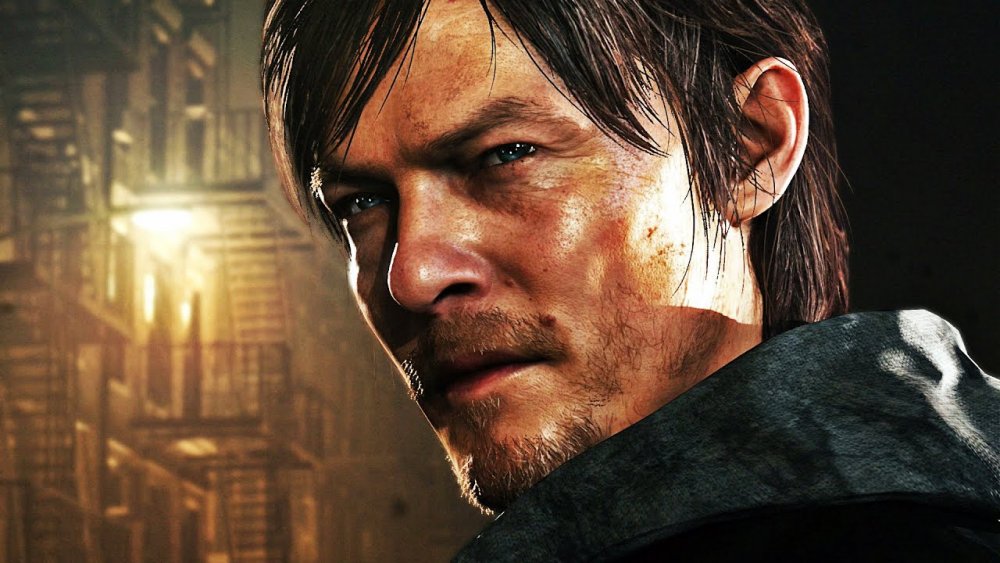PlayStation's Darkest Days
With record sales and the promise of continued success with the PlayStation 5, the future looks bright for PlayStation and Sony. PlayStation consoles have cemented themselves as video game icons, and will no doubt be a part of the gaming world for the foreseeable future.
However, like any brand, PlayStation has experienced low points in its history. While these events were setbacks for PlayStation's transformation over the years, they also helped it form its identity as fans know it today. Mistakes and unexpected challenges can serve as learning opportunities to help a team avoid pitfalls and produce better results. Sony did slip and stumble in the past, but it seems the company — especially on the PlayStation side of things — has taken a lot of lessons away from those hard times.
The following events caused some of PlayStation's darkest days. Fortunately, all of them are now in the past, so the brand can move forward with its head held high.
The 'Father of PlayStation' retired
Ken Kutaragi was the man behind the original PlayStation. In April 2007, he retired from his position as Sony Computer Entertainment chief executive, signifying the end of an era. Kutaragi built a reputation as a leader not afraid to go against the status quo and stick to his opinion. His team famously created the PlayStation in defiance of Nintendo, which forced Sony out of a potentially lucrative partnership.
Kutaragi kept the CEO job until shortly after the PlayStation 3 release, eventually handing his chief executive role to Kazuo Hirai. Although Kutaragi left his role as one of PlayStation's chief decision-makers, he still stayed with Sony. He became an honorary chairman of Sony Computer Entertainment and senior technology adviser to Sony.
That doesn't change the fact that Kutaragi's departure left PlayStation's new leadership with some uncertainty about the future. SCE had to compete against Nintendo's explosive success with the Wii and the Microsoft Xbox 360's higher sales performance. It was not easy.
The PlayStation Vita flopped
Despite the PlayStation Portable's high sales performance, the PlayStation Vita didn't live up to expectations. Two issues seemed to block its progress — pricing and marketing.
The Vita had to compete against the Nintendo 3DS, which lowered in price early in its lifecycle. Both handhelds started at $250. While Nintendo reaped the benefits of reducing the 3DS price, however, the Vita stayed at $250 for years.
Initial marketing for the Vita also didn't match up with the legacy it developed. Sony marketed the Vita as an AAA experience, but it ended up becoming a platform for indie games and visual novels. The company didn't lean into this evolution, which resulted in low sales and support.
In 2019, Sony Interactive President Jim Ryan implied the company was no longer in the portable business. That spelled the end of the Vita, and perhaps the end of PlayStation's handheld ambitions going forward.
The PlayStation 3's rocky start
In its early years, the PlayStation 3 actually lost Sony money because of its high cost of production. During this flop that Sony didn't expect, the company had to work on its sales strategy until it turned around a profit on the console.
The PlayStation 3 originally launched in 2006 with two models, both of which initially cost more than competing consoles. If you wanted advanced features like WiFi support, you had to shell out $599. Gamers who wanted the basic PlayStation had to pay $499 — $100 more than the cost of the most advanced Xbox 360 model.
Sony's operating profits dropped by 68% in the first fiscal year after the PS3's release. In the annual report announcing these losses, Sony stated that it sold the PlayStation 3 at a lower price than the production cost. Once Sony started to use more cost-effective graphics chips, it finally started to turn things around. Still, it took until 2010 for Sony to make money on PlayStation 3.
Nostalgia couldn't save the PlayStation Classic
Fans looked forward to the PlayStation Classic's release, but the console had quality and game selection issues that they couldn't get past. From the time that critics got their hands on it to its availability to the public, this nostalgic console failed to impress. Its reception caused it to get a heavy discount within a few months of release.
The PlayStation Classic may have had 20 games to play, but few stood out as classics to most gamers. Its two most prominent games were arguably Final Fantasy 7 and Metal Gear Solid. Depending on your tastes, you might've looked forward to titles like Grand Theft Auto and the original Persona. Some games, such as Mr. Driller and Intelligent Qube, however, seemed more like filler. Meanwhile, Nintendo's Classic systems featured many more major titles than the PlayStation Classic, making the latter seem weak in comparison.
On top of its lack of notable titles, the PlayStation Classic also had issues delivering a quality gaming experience through its user interface and audio quality. The console used an emulator that dated back to 2000 as its user interface, making it feel like an afterthought. That emulator also didn't address game-specific graphic and audio features.
Sony gave up a signature controller feature with the Sixaxis
The PlayStation 3 originally released with the Sixaxis controller, a controller that sacrificed the DualShock's iconic rumble feature for a gyroscope. In an interview with GameDaily BIZ, Sony Computer Entertainment Worldwide Studios president Phil Harrison said that Sony replaced the DualShock with the Sixaxis because he and his team considered controller rumble a "last generation feature."
However, legal issues may have also influenced this decision. In 2002, during the PlayStation 2's run on the market, the haptic feedback technology company Immersion filed a lawsuit against Sony over its rumble technology. It took five years for the two companies to settle the lawsuit, during which the PlayStation 3 came out. Sony and Immersion entered a business agreement over rumble technology once they concluded litigation in March 2007.
With a new partnership with Immersion allowing it to use rumble technology again, Sony introduced the DualShock 3 shortly after. It released the DualShock 3 in April 2008 to great anticipation. This new version of the DualShock combined the Sixaxis' motion-sensing technology with the classic rumble feature to give players the best of both worlds.
No Man's Sky broke its promises to gamers
In one of gaming's most classic cases of a bait-and-switch release, the Sony-backed title No Man's Sky failed to deliver many of the features it promised in promotional materials. As the developer Hello Games built up hype for the game's release, Sony took on its distribution and made it a timed exclusive for the PlayStation 4. The game did not live up to Hello Games' advertising when it came out.
Sometimes, a game release gets backlash due to fans misunderstanding its advertising, but in this case, Hello Games outright lied about its game's features. On the website Rock Paper Shotgun, writer Brendan Caldwell dove deep into the inconsistencies between No Man Sky's trailers and final build. He attributed some of the criticisms to out-of-control expectations, but he also found that many of the capabilities shown in the trailers didn't come to fruition in the actual game.
Hello Games made up for its mistakes in the following years through ongoing expansions. It introduced updates such as Beyond that expanded the game's capabilities. You can also expect to see No Man's Sky on PlayStation 5 and Xbox Series X/S thanks to the Next Generation upgrade.
Knack dampened the excitement for PS4 launch games
The PS4 release title Knack promised a lot with legendary game designer Mark Cerny on its team, but it ended up having negative to mixed critical reviews. As one of Sony's most famous gaming flops, it failed to deliver on the company's expectations through flaws such as unexpected difficulty and weak story.
If you look at the Metacritic reviews, Knack released to a resounding "meh" with mostly mixed opinions. In one of the game's more scathing reviews, GameSpot said it put emphasis "entirely on combat," but didn't "offer enough variety or depth within its system to compel you onward." A more optimistic review from Destructoid recommended taking frequent breaks or playing with a friend to enjoy the game. Most of the mixed reviews framed Knack as a decent platformer that didn't introduce anything new to the genre.
With a Sony all-star on the development team, how did Knack fail to deliver? A Knack 2 interview on Polygon suggests that Cerny's team didn't have the resources to make the game they wanted.
The Order: 1886 failed to live up to expectations
Announced in June 2013, PlayStation 4 exclusive The Order: 1886 promised an exciting adventure in an alternate version of London. "We saw that the platform could finally give us the potential needed to achieve the vision we had for this game," Ready at Dawn Studios' CEO stated in the game's first PlayStation blog post. Unfortunately, that potential wasn't enough to create a compelling player experience.
Development issues originally arose when Ready at Dawn Studios had to delay the game's release. During Gamescom demos in August 2013, reporters discovered that Ready at Dawn planned to release the game in 2014. When May 2014 came around, the studio announced that it pushed the release to early 2015.
The extra development time didn't pay off for The Order: 1886's critical scores. On Metacritic, it received an overall Metascore of 63 out of 100 based on critic reviews. Users gave it an average score of 6.7 out of 10. Many critics agreed that the game had gorgeous graphics but not-so-great gameplay.
Sony was sued for faulty PlayStation 2 disc drives
In a moment that could have destroyed PlayStation if the company wasn't careful, gamers sued Sony for faulty PlayStation 2 disc drives. According to the official settlement page, certain models gave owners disc drive-related issues. People who owned these PlayStation 2 consoles reported that they wouldn't read discs or even damaged discs while playing them. A few owners filed a class-action lawsuit against Sony over the issue, and Sony decided to settle it instead of taking it to court.
Sony asserted that it wasn't at fault in a statement to GameSpot, explaining it settled the lawsuit to avoid bigger fees down the line.
PlayStation 2 owners who qualified as part of the settlement could receive one of three possible benefits from Sony. Depending on the proof provided and situation, they could get a $25 check, a free game, or free repairs to resolve the disc drive problem.
The PS4-exclusive P.T. went silent
Konami, Hideo Kojima, and Guillermo del Toro shocked gamers when a playable teaser on the PlayStation Store called P.T. turned out to be the continuation of an iconic horror series. After solving the game's puzzle, players unlocked the trailer for Silent Hills, an upcoming title in the Silent Hill franchise directed by Kojima and del Toro. P.T. – for its unusual release, the terrifying Lisa, and haunting sound design — itself became a horror classic. Fans were stoked at what might Silent Hills might bring.
Then Kojima and Konami clashed, and it all came crashing down. As rumors circulated about a rocky relationship between the two in April 2015, del Toro let it slip that Silent Hills was canceled. Konami later confirmed the cancellation to Kotaku, taking things further by pulling P.T. from the PlayStation Store later that week.
With P.T. gone from the PlayStation Store, only players who had the game on their system could play it. Konami gave conflicting answers to the question of whether P.T. would run on the PlayStation 5, completely denying the possibility to GamesRadar while telling IGN to ask Sony.
Sadly, it was later revealed P.T. is not able to run on PS5. The game is now stuck on the few PS4 machines that still have it installed. Sony itself was not involved in the drama between Hideo Kojima and Konami, but the cancellation of Silent Hills and the disappearance of P.T. are both dark PlayStation moments, nonetheless.

